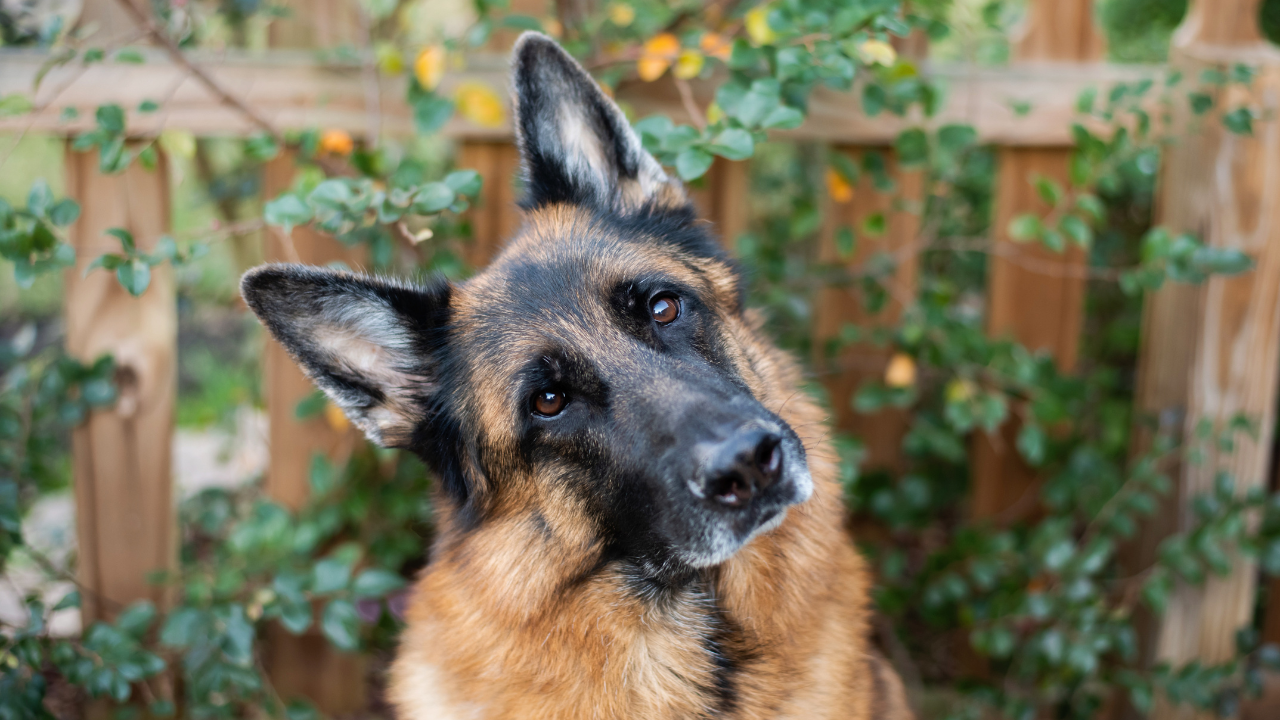A Closer Look at Brain Cancer in Our Dogs
Dec 18, 2024
Brain tumors in dogs are a complex and serious medical condition that can impact your pet's health and quality of life. Understanding the signs, diagnosis, treatment options, and ways to support your pet can help navigate this difficult journey. This blog post will delve into the details of brain cancer in dogs, providing useful insights to help you make informed decisions.
What are Canine Brain Tumors?
Canine brain tumors are abnormal growths in the brain. These growths can be primary, meaning they originate in the brain itself, or secondary, meaning they have spread to the brain from another area of the body (metastasis).
Some of the most common types of primary brain tumors in dogs include:
- Meningiomas
- Gliomas
- Pituitary tumors
Symptoms of Brain Tumors in Dogs
Brain tumor symptoms in dogs can vary widely, depending on the tumor's size, location, and rate of growth. Common signs may include:
- Behavioral changes: Dogs may display uncharacteristic aggression, confusion, or decreased interaction.
- Loss of coordination: This can manifest as stumbling, circling, or difficulty walking.
- Seizures: Brain tumors can often cause seizures, especially in older dogs with no prior history of seizure disorders.
- Changes in vision: Your dog may have difficulty seeing, or there could be changes in pupil size.
- Excessive thirst and urination: This symptom is more commonly associated with pituitary tumors.
Diagnosing Brain Cancer in Dogs
If a brain tumor is suspected based on your dog's symptoms, your veterinarian will recommend specific diagnostic tests. These tests typically include:
- A complete physical and neurological examination
- Blood work
- Imaging studies, such as Magnetic Resonance Imaging (MRI) or Computed Tomography (CT scan)
The definitive diagnosis of a brain tumor often requires a biopsy, where a sample of the tumor is examined under a microscope. However, due to the complexity and risks associated with brain surgery, a biopsy is not always feasible.
Treatment Options for Dogs' Brain Cancer
Treatment of brain tumors in dogs depends on the type, size, and location of the tumor. The general health and age of your dog are also important considerations. Treatment options may include:
- Surgery: If the tumor is in a location that can be safely accessed, surgical removal may be considered.
- Radiation therapy: This involves targeting the tumor with high-energy radiation to kill the cancer cells or slow the tumor's growth.
- Chemotherapy: These are drugs used to kill cancer cells or slow their growth.
- Palliative care: For some dogs, especially those with advanced age or other health conditions, the goal may not be to cure the tumor but to manage symptoms and ensure the best quality of life possible.
Supporting Their Journey
In addition to medical treatments, there are several ways you can support your dog if they have been diagnosed with a brain tumor:
- Nutrition: A balanced, nutritious diet can support overall health and energy levels. Speak with your vet or a pet nutritionist about the best diet for your dog's specific situation.
- Pain management: Brain tumors can sometimes cause pain or discomfort. Your vet can provide guidance on pain management strategies, which may include medication.
- Environmental adjustments: If your dog is experiencing coordination problems, making your home safer (like removing tripping hazards and providing comfortable bedding) can help.
- Emotional support: Above all, your dog needs your love and reassurance during this time. Provide plenty of comfort and affection to help them feel safe and secure.
Make Use of Your Veterinary Team
Remember, while a diagnosis of a brain tumor in your dog is challenging and scary, you are not alone. Your veterinary care team is there to support you and your pet, providing the information and options to navigate this difficult journey. With proper care and management, many dogs with brain tumors can still enjoy a good quality of life.
References
Snyder JM, Lipitz L, Skorupski KA, Shofer FS, Van Winkle TJ. Secondary intracranial neoplasia in the dog: 177 cases (1986-2003). J Vet Intern Med. (2008) 22:172–7. 10.1111/j.1939-1676.2007.0002.x
Snyder JM, Shofer FS, Van Winkle TJ, Massicotte C. Canine intracranial primary neoplasia: 173 cases (1986-2003). J Vet Intern Med. (2006) 20:669–75. 10.1111/j.1939-1676.2006.tb02913.x
Song RB, Vite CH, Bradley CW, Cross JR. Postmortem evaluation of 435 cases of intracranial neoplasia in dogs and relationship of neoplasm with breed, age, and body weight. J Vet Intern Med. (2013) 27:1143–52. 10.1111/jvim.12136
Sturges BK, Dickinson PJ, Bollen AW, Koblik PD, Kass PH, Kortz GD, et al. Magnetic resonance imaging and histological classification of intracranial meningiomas in 112 dogs. J Vet Intern Med. (2008) 22:586–95. 10.1111/j.1939-1676.2008.00042.x
Become a Dog Cancer Coach.
Transform your passion for dogs into a meaningful, heart-led career with our Holistic Dog Cancer Coach Certification—an in-depth, flexible online program designed for compassionate caregivers ready to make a difference.
Stay connected with news and updates!
Join our mailing list to receive the latest news and updates from our team.
Don't worry, your information will not be shared.
We hate SPAM. We will never sell your information, for any reason.





